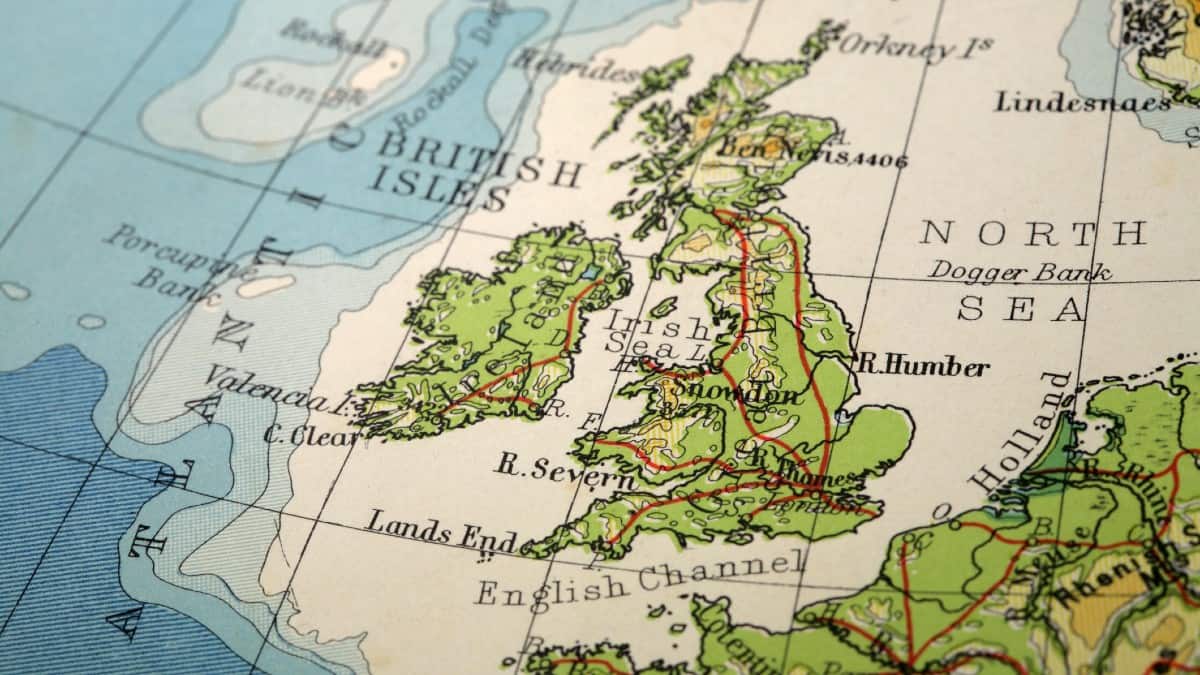Invest in gold? Great for some, but not for me. UK shares look far more attractive, especially to chase a big target like a million pound net worth.
That might be controversial as the gold price breaks record highs, now trading for nearly £1,800 per ounce.
But, as I’ll show in a second, sensible investing in UK shares can reach the million-pound mark using nearly half the cash it might take with gold.
Should you invest £1,000 in Sainsbury's right now?
When investing expert Mark Rogers has a stock tip, it can pay to listen. After all, the flagship Motley Fool Share Advisor newsletter he has run for nearly a decade has provided thousands of paying members with top stock recommendations from the UK and US markets. And right now, Mark thinks there are 6 standout stocks that investors should consider buying. Want to see if Sainsbury's made the list?
Piling in
Is it worth investing in gold at all? Well, the yellow metal has a decent track record.
Some don’t favour gold as an investment because it’s not an income-producing asset. Gold doesn’t do anything. It just sits there.
And yet between 1978 and 2024, gold offered yearly returns of 7.98%. Demand has risen, and so has the price.
An 8% return over so many years has million-making potential. No wonder people are piling into it at the moment.
How about UK shares? Can putting my money with the best of British companies help me hit a million pounds?
Well yes. In fact, the track record of UK shares trounces that of gold.
Let’s sidestep the FTSE 100 and its global tobacco, oil and mining behemoths.
With 80% of revenues coming from abroad, they stretch the definition of being UK companies.
The FTSE 250, the smaller index of the 101st to 350th eligible companies, is a much better proxy for domestic firms.
The FTSE 250 hosts familiar British names like Greggs, J D Wetherspoon (LSE: JDW), ITV and Dr Martens. Those sound like UK shares to me.
Income-producing
J D Wetherspoon has grown to one of the bigger companies on the index and the shares made their way into my own portfolio.
Its founder Sir Tim Martin remains in a hands-on role.
Founder-led companies tend to focus less on short-term profit squeezing and more on building a lasting business to the benefit of customers.
Wetherspoons also has a strong competitive advantage – or a moat – in its cheap pricing. Drinkers struggle to find pubs selling drinks so cheap.
And Wetherspoons shares are income-producing assets. That means the same shares should be worth more over time.
Wetherspoons shares bought in the 1990s have rocketed to 10 times their earlier value!
Like any shares, there are risks here too, of course. Supply costs are up and a cost-of-living crisis has led to thinner margins for the pub group.
The million mark
But for a lofty goal of a million pounds sitting in my bank account, UK shares like J D Wetherspoon could get me there more cheaply than stacking up gold.
How so? Well, using gold’s historical 8% return then £705 a month over 30 years makes me a millionaire.
Using the FTSE 250’s historical 11% return (which isn’t guaranteed) then £398 a month for 30 years reaches the £1m mark.
Squirrelling away that much cash is no easy task, but even a fraction of these amounts could go a long way with sensible investing in shares. Both assets can be lucrative, but I’d always choose the stock market.








